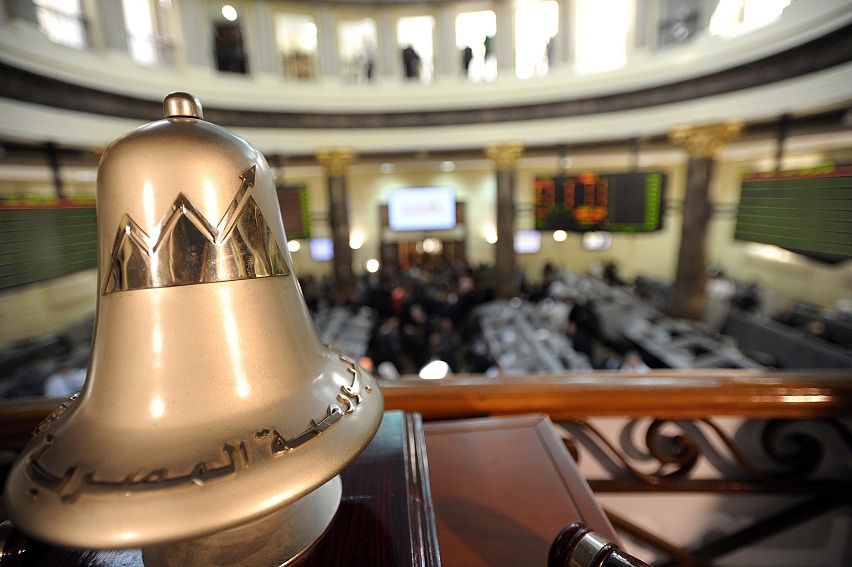Vice chairman of Orascom Telecom Media and Technology Holding (OTMT) Tamer Al-Mahdi has stated that the slow procedures governing the company’s feed-in tariff projects in the renewable energy sector and the devaluation of the Egyptian pound have caused a 40% increase in the cost of used equipment and tools.
In September 2014, the government announced a call to tender for feed-in tariff renewable energy projects. Of the 180 companies that submitted applications, 136 were selected to establish wind and solar power plants that will add an additional 4300 MW to Egypt’s national power grid.
OTMT has invested an estimated EGP 1bn in the electricity sector. The company plans to establish a $100m solar energy plant that will bolster Egypt’s energy production by adding a capacity factor of 50MW. The company is currently negotiating with four local banks to finance 70% of the project.
“There are no difficulties in financing the project, and the company seeks to expand its investments in the energy field in the upcoming period,” Al-Mahdi added.
The Electricity Ministry aims to attract $6bn in investments to add 4,000 MW to Egypt’s energy capacity factor, mostly through the construction of wind and solar power plants.
Al-Mahdi said that OTMT is waiting to conclude an agreement to purchase solar energy and plans to present it to the financing institutions it has contacted.
He stressed that the state must accelerate its restructuring of the procedures governing the projects, especially the law that stipulates that the collection of necessary funding must be completed by October. The deadline has proven to be a challenge for investors, according to Al-Mahdi, as he stated that the government must extend the financial closure period of projects.
Among the main issues facing the state currently is the lack of local production. All equipment, tools and machines are imported from abroad. “Egypt has the manpower, as well as the natural resources, needed to conduct production, here. However, this capacity is not utilised well which eventually exacerbates the dollar crisis,” Al-Mahdi emphasized.
Al-Mahdi said that his company will continue to invest in Egypt despite the foreign currency crisis, adding that the Central Bank of Egypt (CBE) must consider new and renewable energy projects a priority. “We have to be able to access US dollars to repay financing instalments and interest, not only for profits,” he said.
The government should allow banks to lend renewable energy companies their needed quantity of dollars, according to Al-Mahdi, especially considering that local banks want to participate in these projects and obtain an 8% interest, which will be better than the 16% interest granted on loans provided in Egyptian pounds.
OTMT has considered listing its solar energy project on the Egyptian Exchange to allow the project to continue without delays. There is also plan to cooperate with REC Solar Holdings to implement a number of solar energy projects offered through tenders for commercial and residential installations and facilities.
Al-Mahdi pointed out that REC will support OTMT with its experience in the fields of design, construction, operation and maintenance.
He stressed the importance of utilising the new energy storage technology through the use of batteries, especially considering that this technology will provide electricity 24/7 in remote and informal housing areas.
Al-Mahdi pointed out that the company has started to re-conduct a feasibility study into a recycling project with Lafarge. OTMT signed an agreement to implement a biomass project to recycle 20m tonnes of sewage sludge in a several governorates. “OTMT aims to have six factories working in the recycling field during the upcoming years,” he said.
OTMT will also establish five logistics and storage centres in cooperation with Aramex and the Domestic Trade development Utility in the Ministry of Supply. The first phase of the project costs EGP 1bn. The centres will be built in Cairo, Alexandria, Tanta, Upper Egypt, and the Suez Canal Economic Zone. OTMT in collaboration with several international bureaus has conducted several feasibility studies. The company has approached the government to obtain lands using the usufruct system.
The company is also considering investment opportunities in the real estate sector.
OTMT has reached a terminal point in investments in the field of communications and information technology, according to Al-Mahdi. “OTMT plans to invest in the mining sector soon once there are available investment opportunities. We plan to cooperate with the French company La Mancha,” he added.




